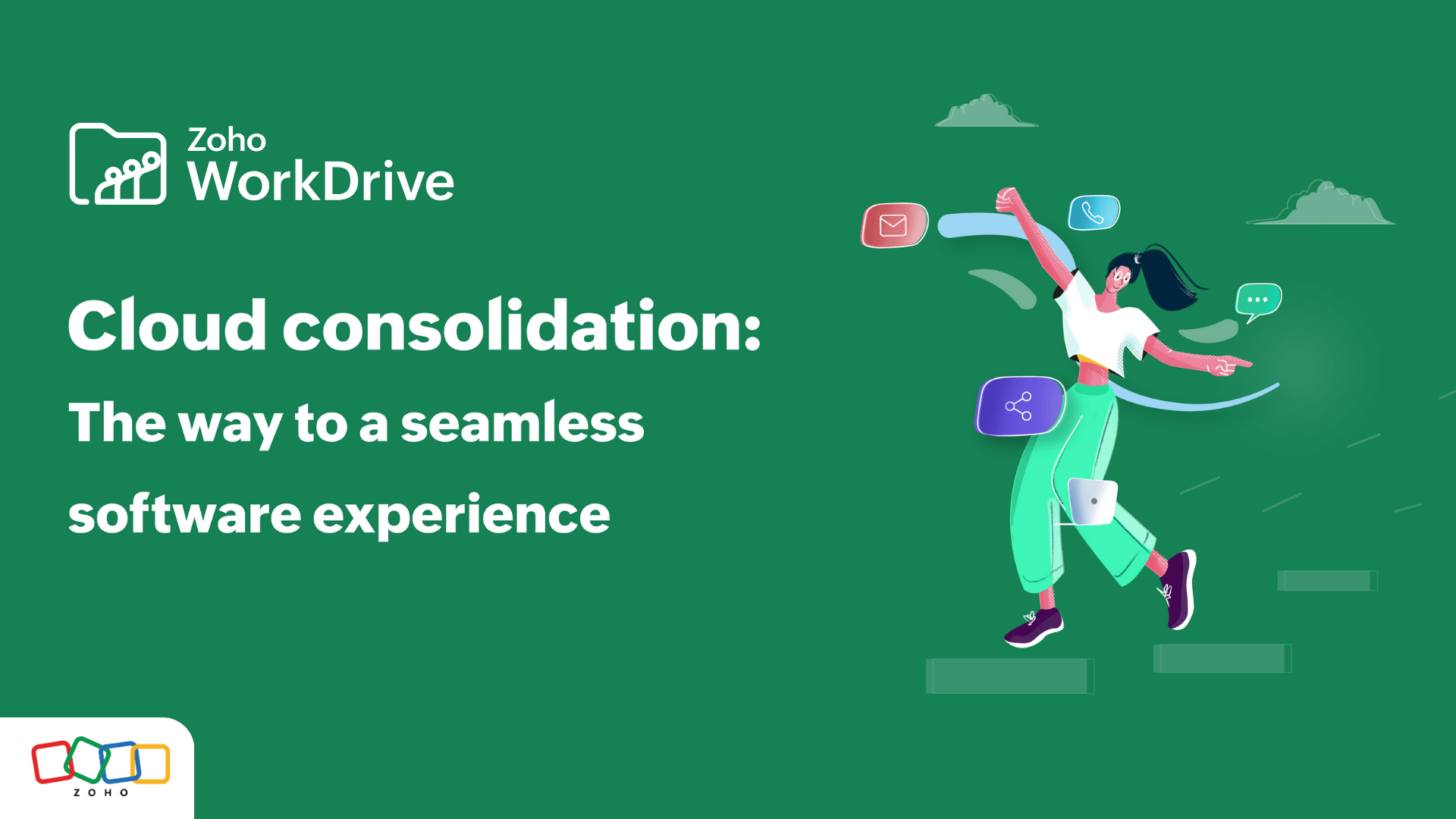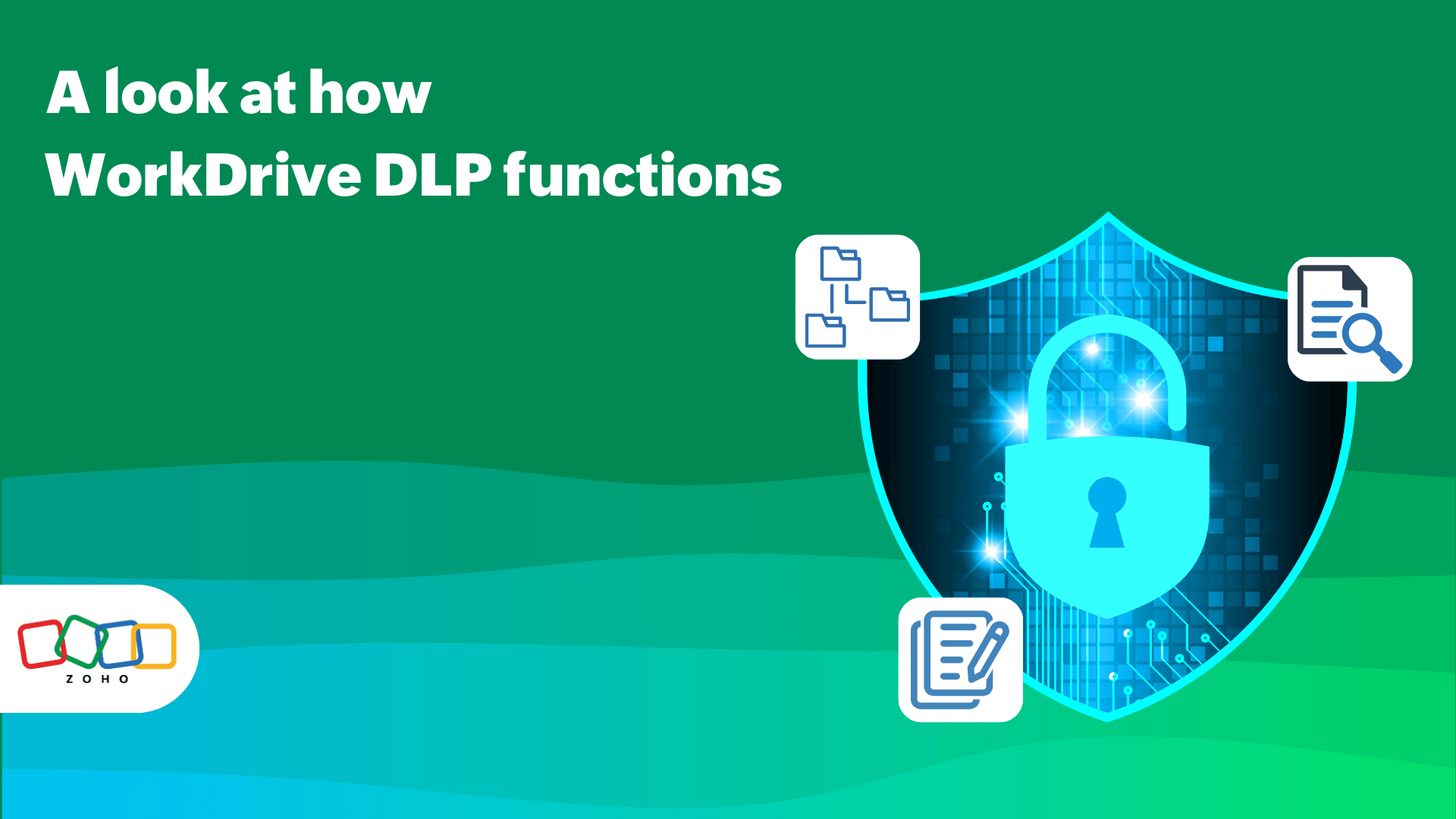Cloud consolidation and its benefits
- Last Updated : December 13, 2023
- 2.6K Views
- 3 Min Read

Since the inception of the software industry in the early 1960s, numerous businesses have emerged to simplify the lives of consumers through technology. The early days of the industry introduced us to on-premises applications only. But the technological landscape has evolved to the point where the majority of today's software is cloud-based.
According to a recent study, the software industry is currently worth $1,307.50 billion, with a compound annual growth rate of 14.6%.
Why is cloud consolidation a popular trend?
A couple of decades back, the cloud market was mostly focused on offering infrastructure as a service (IaaS). IaaS is the provision of storage and network services over the cloud. As technology evolved, software vendors began to offer a variety of applications that could work together to simplify the user experience.
Users found that employing applications from a single software vendor for various operations made their work seamless. This marked the beginning of the cloud consolidation era.
What is cloud consolidation?
Consolidation in computing is the action of merging multiple individual applications into one. In other words, it is the process of sharing data or server resources with multiple users and applications.
There are two types of cloud consolidation:
Server consolidation (reducing the number of servers)
Storage consolidation (centralizing data storage)
What are the benefits of cloud consolidation?
There are several benefits of implementing cloud consolidation for your business. Here are three of the most notable:
Make apps more comprehensive
Using applications from the same software provider helps you pull data from various sources. This leads to a seamless working experience, because applications from a single software provider are preconfigured to work well together.

Consider the benefits of using a single app for calls, chats, and meetings. The app can help employees efficiently organize a meeting to clarify more complex subjects that arose during the chat.
You may also choose to access files from your cloud storage system in your mail application. This ensures easy attachment of files to your emails.
To learn more about this aspect of cloud computing, see this recent Fortune India interview with Sridhar Vembu, CEO of Zoho Corp.
Save money without compromising productivity
No business turns down an opportunity to reduce capital expenditure while retaining efficiency. Cost reduction is perhaps the biggest benefit of cloud consolidation.
A Forbes report on cloud computing reveals that nearly one third (32%) of cloud spending is wasted. Most businesses utilize apps on a subscription basis, and are often billed monthly. The number of users and the amount of storage space needed typically impact the price. When a business invests in multiple applications with similar features, it expends unnecessary funds.

But with cloud consolidation, a company can access a holistic array of applications developed to serve various specific purposes. This ensures no money is wasted on different applications that serve the same purpose.
Ensure security and compliance
It is often more difficult for businesses using a variety of applications from different software vendors to maintain compliance. This is due to the utilization of multiple clouds, known as the "multi-cloud approach." With this approach, companies find it hard to ensure their various apps are compliant with necessary regulations.

With cloud consolidation, businesses typically only need to monitor compliance and security for one provider.
Consolidation offers the best of both worlds. Although there are individual security features for every application, it is still possible to take advantage of encryption and multi-factor authentication.
The benefits of cloud consolidation extend beyond those described above. Knowledge about the data shared between applications in a consolidated cloud environment helps a business implement applications in an efficient manner. Ultimately, a businesses can save time, effort, and money by choosing a cloud provider with all the apps required to run a business efficiently.


